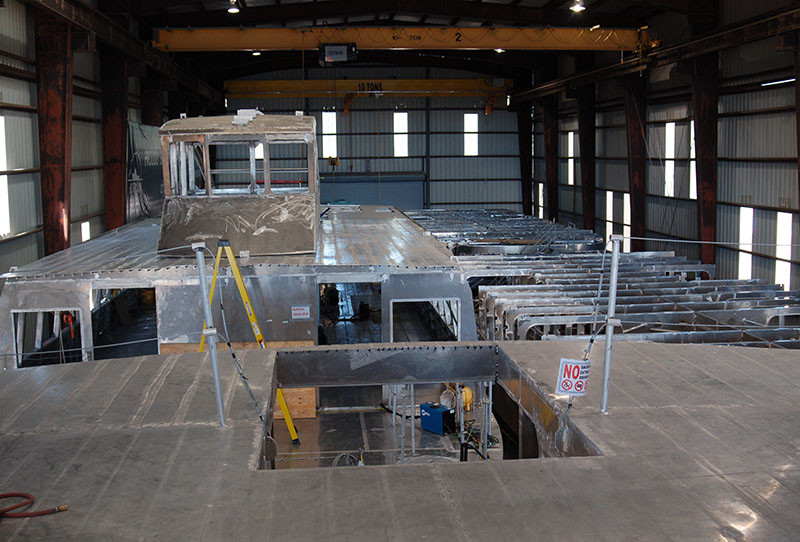The art of shipbuilding has been around for centuries. “And, as with any industry, innovation takes place early in its lifecycle. Moreover, the knowledge of shipbuilding from tradesmen in a shipyard was typically passed down through family lineage or the local workforce that lived around the shipyards.”
Those words came from an article written by Darren Guillory, technical solutions specialist with SSI USA. His words about shipbuilding skills being passed along ring true. It’s certainly what I’ve seen over the last 25 years. And Guillory should know what he’s talking about. He spent nearly two decades in the commercial shipbuilding industry at Leevac Shipyards in Jennings, La.
Certainly, there’s nothing wrong with civic and family pride being built into workboats that come out of U.S. shipyards. It’s the backbone of the industry.
But now, through technology, the shipbuilding industry can take a step into the future, gaining the attention of young people from all over the country who may never have thought of the industry as cutting edge. It’s time to show them what you’ve got.
“As shipbuilders, we tend to ‘stay in our lane’ and stick with the familiar. We tend to hold on to things we know and push back with phrases like ‘we’ve always done it like that.’ This condition has also had the effect of a new problem facing the modern shipbuilding industry,” said Guillory.
That problem is stagnation. We’re plowing the same field, drawing from the same pool of workers — it’s always a struggle.
Yes, today’s workboat construction yards are healthy, but growth will come only when they reach out beyond family and community. And technology is the tool that can do that for them.
“Today’s high-tech industries are shifting towards a purer digital environment, with remote workflows and cloud-based solutions,” said Guillory. “The shipbuilding industry, although begrudgingly, is trying to follow suit.”
Change is never easy. Shipyards that make a change to a more technologically based operation will encounter implementation costs, educational challenges, and a move away from their comfort zones.
You may decide not to do it, but what about the yards you compete against?




